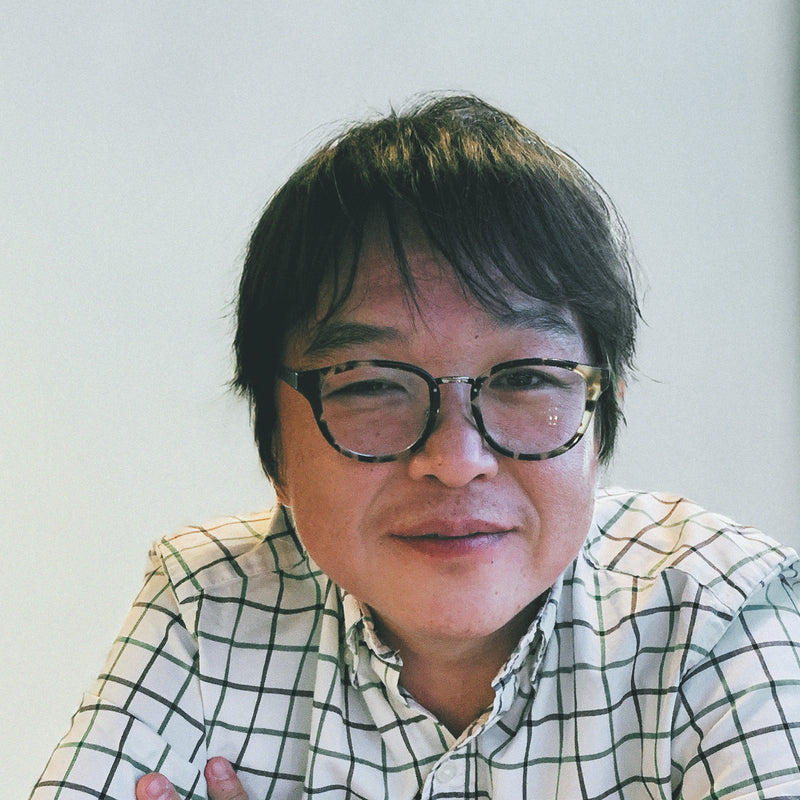Japan is world-renowned for its tea and coffee culture, its tea ceremonies, cherry blossoms, and sushi. One of the popular teas in the country, Matcha, a powdered tea made from tea leaves grown in shades. As a result of being grown away from direct sunlight, Matcha plants grow much slower. It also means they tend to have much higher chlorophyll levels in their leaves than your ordinary tea, hence the intense greenness.
However, what makes this tea culture in Japan more interesting is that cafes are also used as study hubs. Tea and coffee shops in Japan are more than a must-have place for getting a caffeine fix.
More Than Just Tea-and-Coffee Spots: What Are Studycafes?
Japan is originally known as a tea-drinking nation, but the experience is more than merely having a drink. The way teas like Matcha are prepared is such that the experience is a sensory journey where all the senses are engaged. However, coffee and tea shops are more than just places you go to have tea; they are places where people can come and unwind. For students, they also double as study cafés, which are designated study spaces perfect for group discussions.
A study cafe is a serene environment that provides students or anyone in academia an atmosphere to study, including conducting assignments, researching, and writing papers. Japan’s study cafes are designed to offer foreign expatriates a unique way to experience the country’s life rhythm while maintaining productivity.
What Is So Great about Study Cafes in Japan?
Studycafés in Japan are very quiet, respectful, calm, and serene, making for an ideal place for studying or working. They have a unique setting that demonstrates meticulousness and consideration for people’s comfort and productivity. That means the spaces are designed to keep noise levels to the barest minimum. Great examples of these study cafes are the Streamer Coffee Company, located in Shibuya, Kayabacho, Akasaka, The Roastery by Nozy Coffee located at Harajuku; and Jaho Coffee Roaster, located at Tamachi.
Apart from noise reduction, study cafes also have tools that encourage productivity for students. These tools vary, and they include free Wi-Fi, stationery tools, and power outlets. Japan’s study cafes are particularly designed to enhance focus and efficiency. As such, they feature study booths, adjustable lighting, and even on-demand reference materials.
They are intentionally designed, not as an afterthought. The goal is to help students and professionals achieve high productivity. Moreover, the spaces’ design incorporates elements like minimalist décor and ergonomic seating that promote optimal concentration.
Also, study cafes in Japan are available to students and professionals alike 24/7, providing a reliable study space. If you’ve got exams to prepare for and want to study at night, these are very comfortable places to try. You can take advantage of Japan’s tea culture to enhance your reading experience and productivity. Meanwhile, as you study, you can have your Matcha tea on hand to keep you awake, alert, and sharp-minded.

Finding the Best Study Cafe for You
There are many study cafés in Japan, but not everyone may be the right venue for you. Yet, it is important that you choose the right venue to achieve that productivity and have a great study experience. For international students who are unfamiliar with the local norms, this is important.
You need to make an informed choice based on what is available that suits you. You do this by understanding what the study cafe you choose offers and how it aligns with your requirements. Some key points you want to consider when choosing where to study include:
- Every student has their environment preference for studying. While some prefer serene environments, others prefer their reading environment to be boisterous. So, if you prefer quietness and solitude, you want a serene environment that focuses on relaxation and contemplation.
- If you are a digital nomad or need reliable internet access and a vibrant atmosphere, look for modern study cafes. These cafes exist in urban areas and often feature communal tables designed for individual and group work.
- You need to understand the nuance of the study cafe you choose. This is more vital if you’re an international student, to find the perfect spot. By understanding what each space offers, you can find a fit for your style while immersing yourself in local culture, and Lattest at Omotesando may be nice for you.
Getting the Best Out of Your Preferred Studycafe
Whether you’re only there to enjoy the delicious tea or you’re there to study, study cafes are there to meet your needs. However, how you use these spaces will determine your personal and educational productivity. With that said, here are some valuable tips that can help you make the most of your time in a Japanese study cafe:
- If there are loyalty or membership cards, consider purchasing one. With it, you get access to free beverages, discounts, and even reserved seating.
- Get some noise-canceling headphones to help you maintain focus. This becomes necessary when or if the café becomes busier. Although study cafes are generally quiet, they do get busy sometimes. Noise-canceling headphones keep you productive amidst the noise.
- Consider alternating between different study cafes for fresh stimuli. This can help boost your concentration and creativity. You can always use maps and apps that catalog spaces near you to find the best study cafés you can try.
- Adopt the Pomodoro Technique and other study techniques, tools, and apps that let you maximize your productivity. Set clear, achievable goals for each study cafe. That way, you can track your productivity and enhance it over time.
Conclusion
Japan is home to some of the best coffee and tea drinks, including but not limited to Matcha. Yet, what makes these coffee places so great is that they also double as study cafes for students. These are spaces enriched with all the resources and tools that a student needs to excel and maintain high productivity.
Get Free Bonus Books

Sign up for free to the Coffee Club to get advice and exclusive articles about how to choose Japanese Coffee, and tips, tricks, and recipes for enjoying Japanese coffee.
About the author
Kei Nishida
Author, CEO Dream of Japan
Certification: PMP, BS in Computer Science
Education: Western Washington University
Kei Nishida is a passionate Japanese tea and coffee connoisseur, writer, and the founder and CEO of Japanese Coffee Co. and Japanese Green Tea Co., both part of Dream of Japan.
His journey began with a mission to introduce the world to the unparalleled quality of Japanese green tea. Through Japanese Green Tea Co., he established the only company that sources premium tea grown in nutrient-rich sugarcane soil—an innovation that led to multiple Global Tea Champion awards.
Building on this success and his passion for Japanese craftsmanship, Kei expanded into the world of coffee, pioneering the launch of Japanese Coffee Co., the first company to bring Sumiyaki charcoal-roasted coffee to a global audience. His dedication to authenticity and quality ensures that this traditional Japanese roasting method, once a well-kept secret, is now enjoyed worldwide.
Beyond tea and coffee, Kei has also introduced Japan’s legendary craftsmanship to the world through Japanese Knife Co., making handmade katana-style knives—crafted by a renowned katana maker—available outside Japan for the first time.
Kei’s journey continues as he seeks out and shares the hidden treasures of Japan, one cup and one blade at a time.
Learn more about Kei




